By Jeff Field | Published September 9, 2024 | Posted in Chapter 13, Uncategorized | Tagged Tags: bankruptcy, Court Approval, repayment plan | Leave a comment

Can You Buy a House While on a Chapter 13 Repayment Schedule?
Buying a home is a major part of the American dream for most people. Of course, it can be very difficult making that dream a reality. Securing the mortgage you need can be even tougher if you’re currently subject to repayment plan established in a Chapter 13 bankruptcy. While it’s not impossible to buy a Read More
Read More
Social Media Discretion is Important During the Bankruptcy Process
In today’s digital age, social media has become a pervasive part of our lives, giving us the ability to share everything from personal milestones to daily activities with people around the world. However, when going through a bankruptcy, maintaining discretion on social media is not just advisable but crucial. Missteps in this area can have Read More
Read More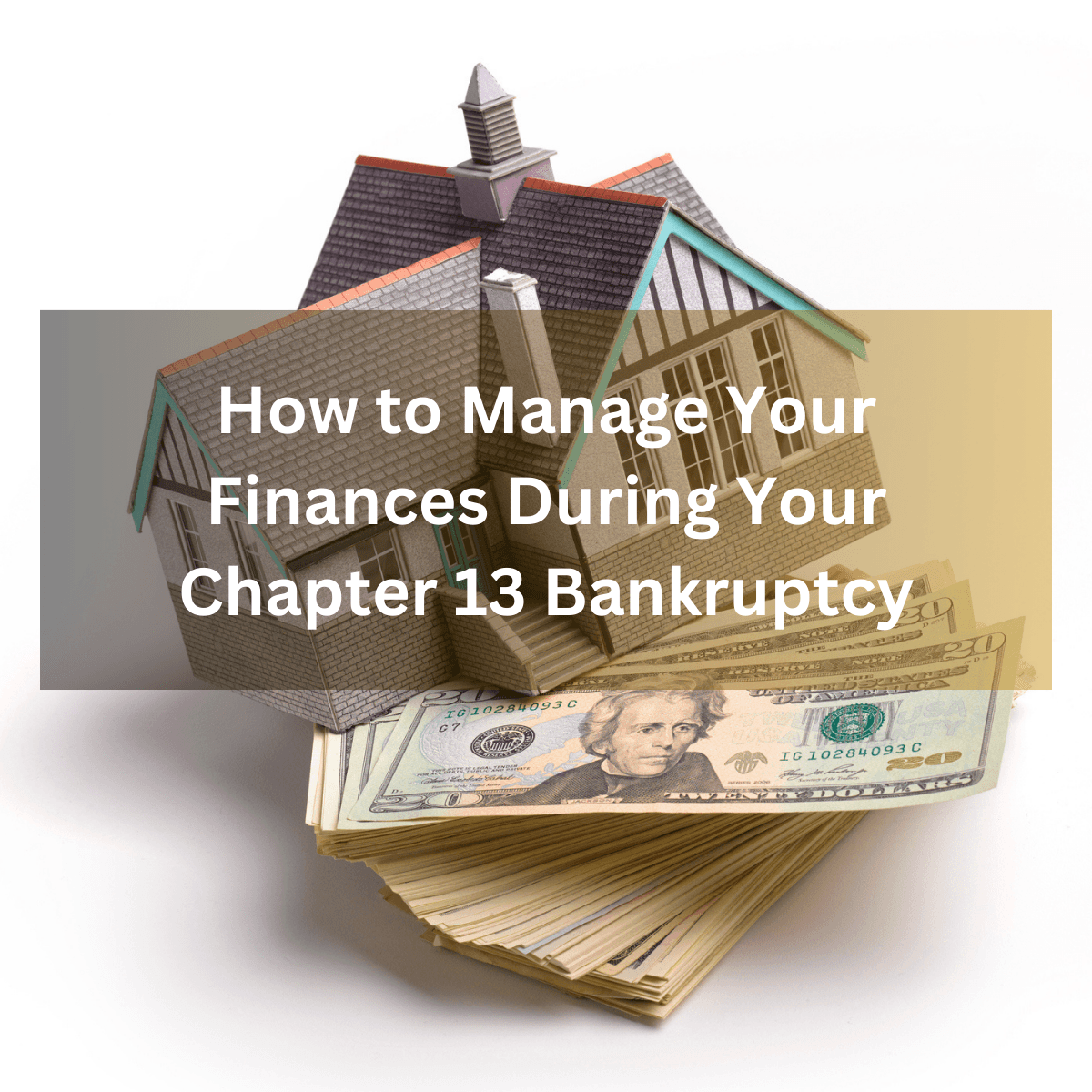
How to Manage Your Finances During Your Chapter 13 Bankruptcy
Chapter 13 is a type of bankruptcy that allows you to gain protection from creditors while repaying a portion of your outstanding debt monthly over an extended period of time. For the three- or five-year duration of the repayment plan, the court allows you a set amount to live on and a court-appointed trustee divides Read More
Read More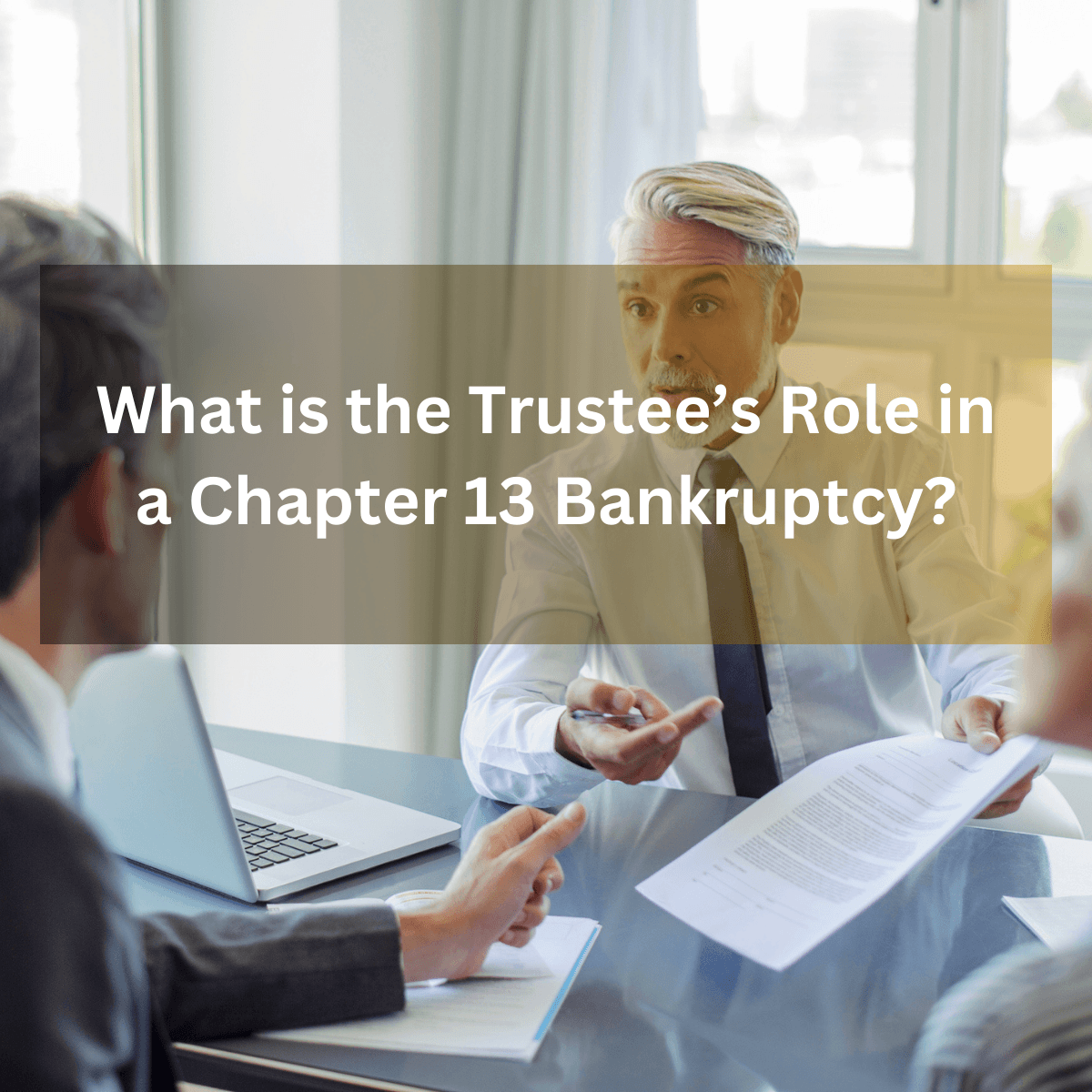
What Is the Trustee’s Role in a Chapter 13 Bankruptcy?
Chapter 13 is a type of bankruptcy relief that affords individuals protection from creditors as long as they pay off a portion of their outstanding debts over time according to a court-approved plan. The plan is supervised by a trustee, who acts as the court’s overseer throughout the process. The trustee plays a pivotal role Read More
Read More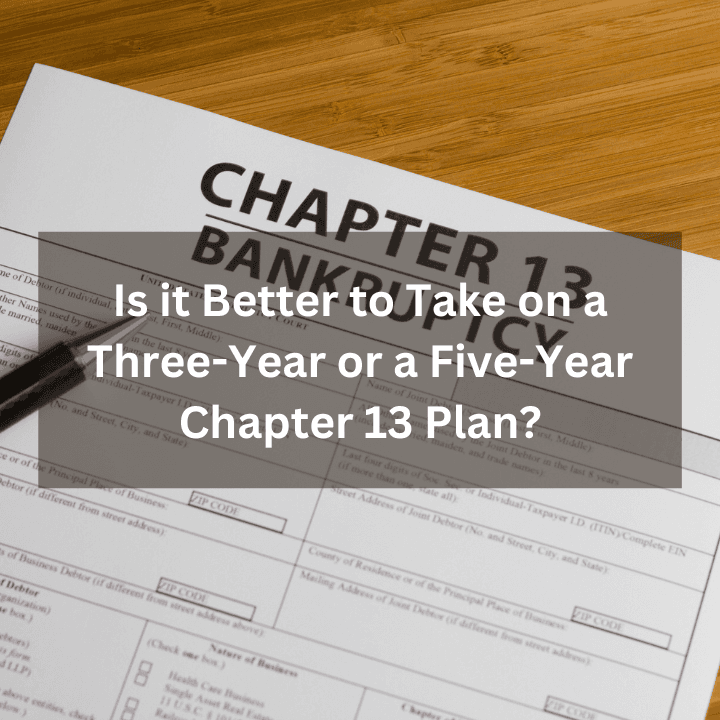
Is it Better to Take on a Three-Year or a Five-Year Chapter 13 Plan?
Chapter 13 is a form of bankruptcy meant for people who, despite being in financial straits, have the resources to repay at least a portion of their outstanding debts over time. Those debts are discharged only after the debtor completes a court-approved repayment plan that lasts three or five years. Which time period applies depends Read More
Read More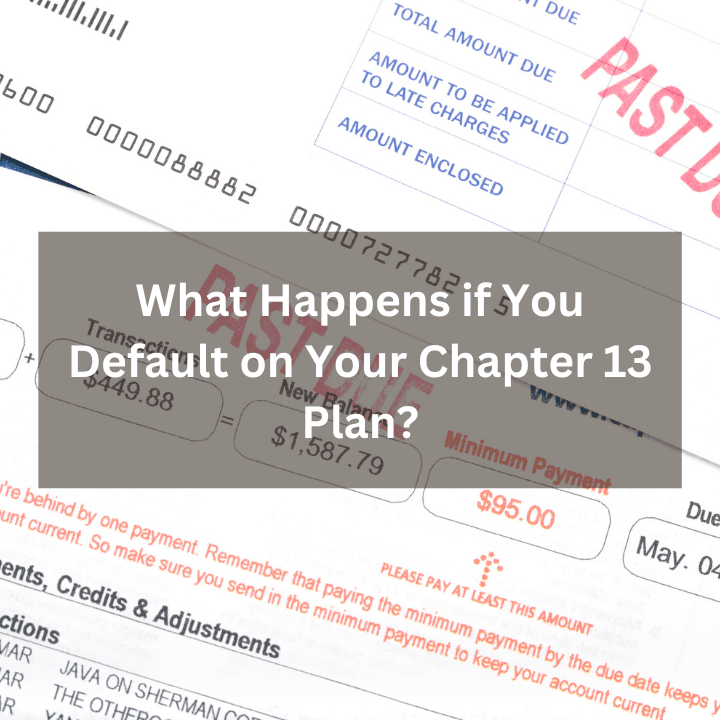
What Happens if You Default on Your Chapter 13 Plan?
A Chapter 13 bankruptcy can be an effective way to bring debt under control while preserving your most important assets. It allows you to structure a plan for repaying a portion of your debt over a three- to five-year period, with the rest being discharged afterward. However, financial difficulties encountered during the life of the Read More
Read More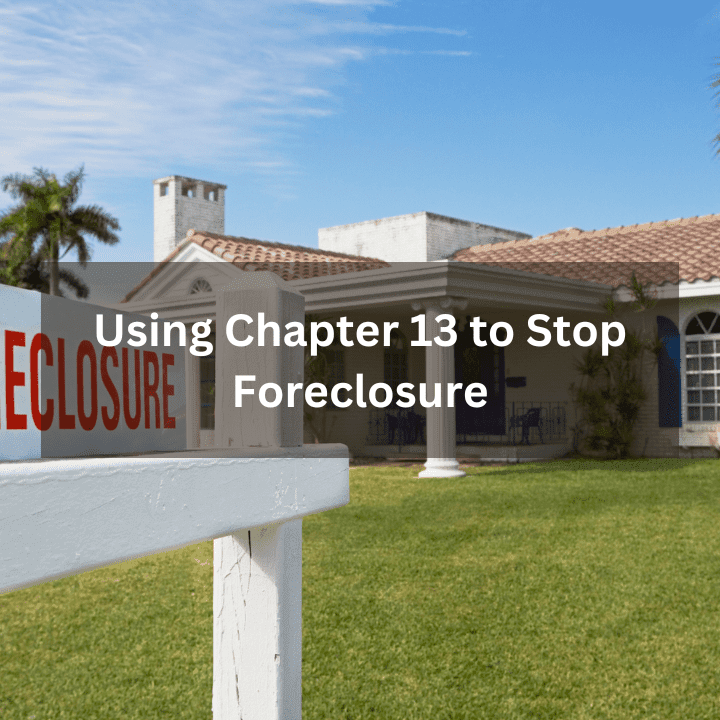
Using Chapter 13 to Stop Foreclosure
Chapter 13 is a form of bankruptcy that allows you to restructure your outstanding debts for repayment over an extended period of time. This includes defaulted home mortgage loans that are in the process of foreclosure. If you meet the eligibility requirements for Chapter 13, you can put a hold on the foreclosure, buy yourself Read More
Read More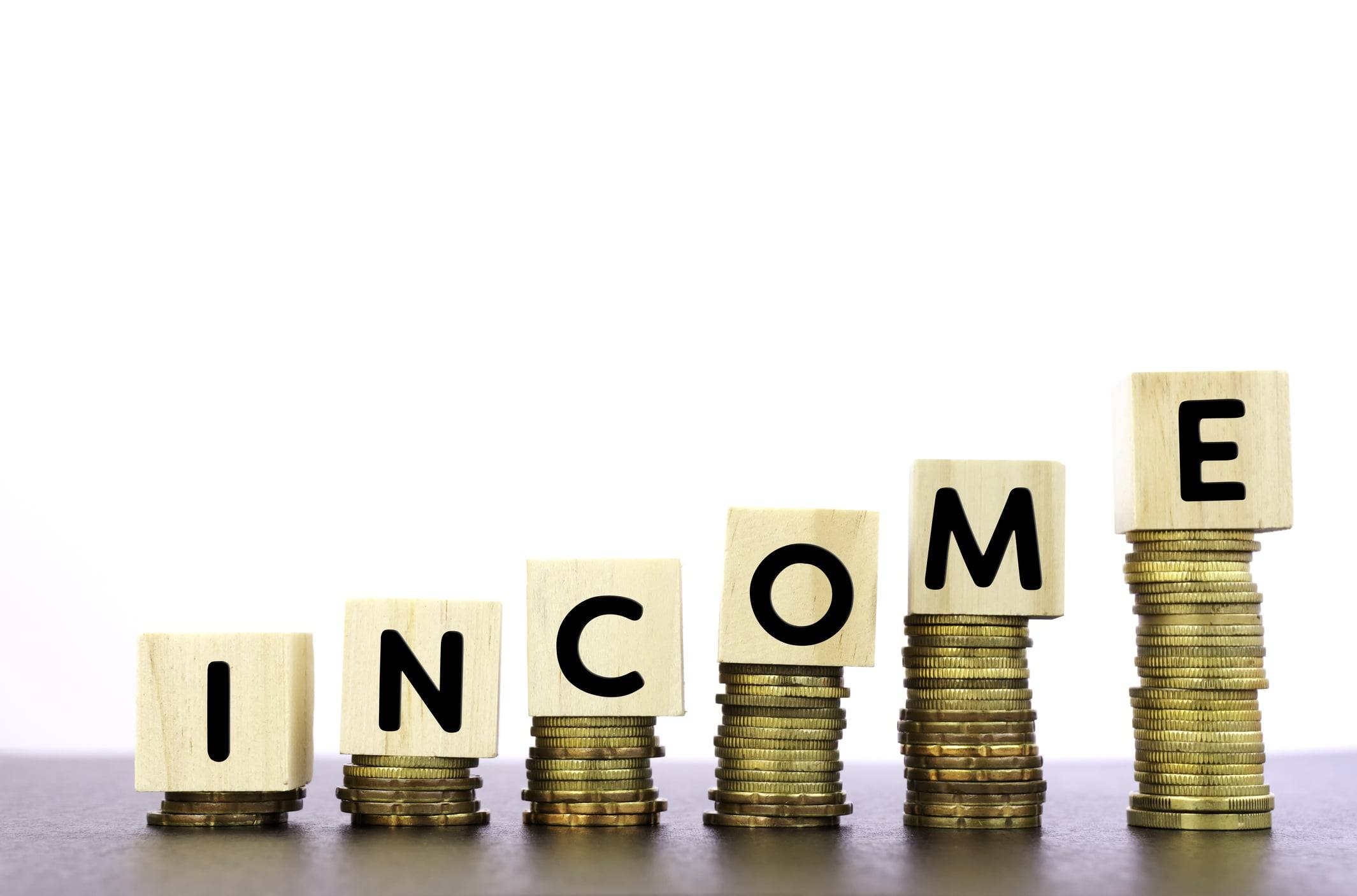
How Does an Increase in Income Affect Your Chapter 13 Plan?
Filing for Chapter 13 means committing to a debt repayment plan that typically runs for three or five years. The amount you pay each month is determined at the time the court approves the plan, based on a calculation of the disposable income you have left after paying for food, housing, utilities and other costs Read More
Read More
5 Ways You Can Rebuild Your Credit During Chapter 13
One of the common myths about bankruptcy is that it permanently ruins your credit. But the opposite is true for Chapter 13. While this type of bankruptcy appears on your credit report for seven years after the date of filing, it can serve as a springboard for rebuilding your credit. In fact, you can start Read More
Read More
Using Chapter 13 to Reorganize Your Business Debts
People having serious debt problems may be able to reorganize their financial affairs using Chapter 13 bankruptcy. Chapter 13 allows a qualified debtor to restructure debts and repay some of the outstanding balances over a set period of years. Only an individual can file Chapter 13 bankruptcy. Businesses must resolve their debt problems by other Read More
Read MorePlease fill out the form below and one of our attorneys will contact you.





